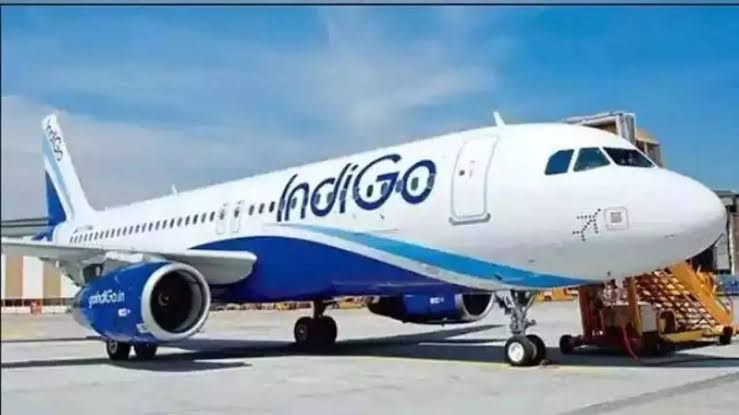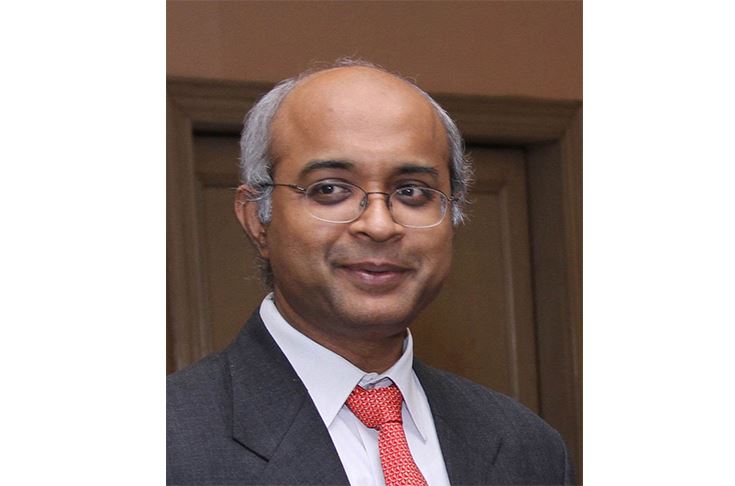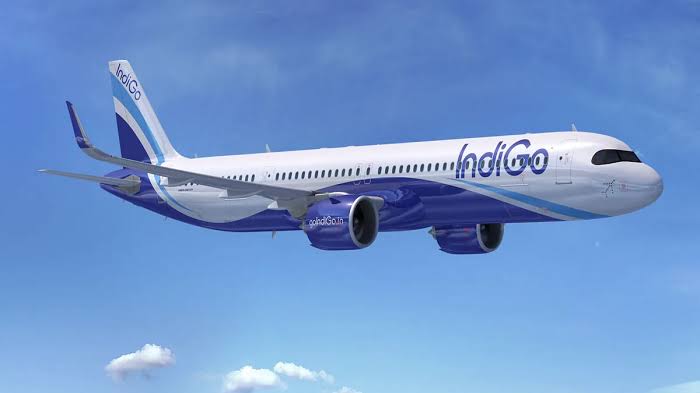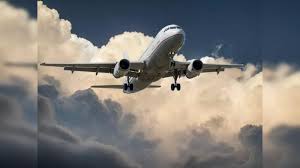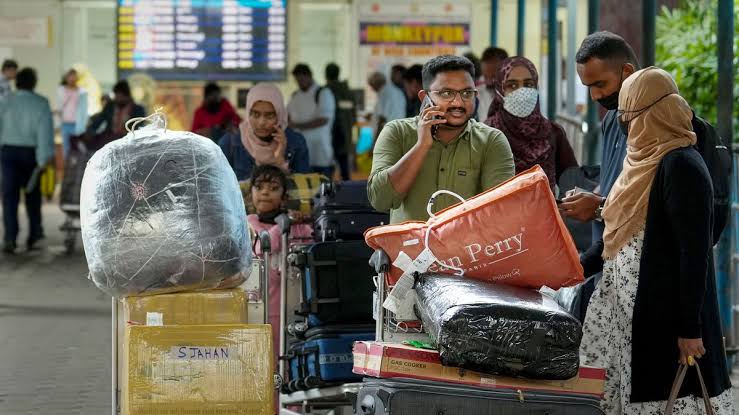InterGlobe Enterprises, the parent company IndiGo, and US-based Archer Aviation will launch an all-electric air taxi service in India in 2026, that will carry passengers from Connaught Place in the national capital to Gurugram in Haryana in just 7 minutes.
Archer Aviation will supply 200 electric vertical take-off and landing (eVTOL) aircraft that can carry four passengers besides a pilot and operate just like helicopters but with lesser noise and better safety.
Besides Delhi, the joint venture between InterGlobe and Archer Aviation will launch similar services in Mumbai and Bengaluru to start with. The cost of the seven-minute flight operated with the company’s five-seater eVTOL (electric vertical take-off and landing) aircraft from Connaught Place to Gurugram in Haryana could be around INR 2,000 to 3,000, according to Archer Aviation executives.
Archer Aviation Founder and CEO Founder & CEO Adam Goldstein said discussions are going on with the US regulator Federal Aviation Administration (FAA) and the certification process for its aircraft is at an advanced stage. The certification is expected next year and once that is in place, the process will be initiated for the certification by the Directorate General of Civil Aviation (DGCA).
In an interview with PTI in the national capital, Goldstein said the company expects to start flights in India in 2026 and aims to have 200 of its Midnight planes for the operations. Initially, Archer Aviation will be focusing on Delhi, Mumbai and Bengaluru. With its flight, the duration will be around 7 minutes from Connaught Place in Delhi to Gurugram and the cost could be INR 2,000 to 3,000.
In a car, for the 27-kilometre distance, it would take around 90 minutes and the cost would be about INR 1,500, according to Goldstein. The five-seater Midnight aircraft will be able to accommodate the pilot and four passengers. The plane, which will have six battery packs, will get fully charged in 30-40 minutes and one minute charge broadly translates to one minute of flight, its Chief Commercial Officer Nikhil Goel said.
Archer Aviation will be having a joint venture with InterGlobe Enterprises and the final contours are being worked out. The US company is also in discussions with various municipalities with respect to infrastructure and other aspects of the flight operations. Goel said it will use the full strength of InterGlobe, which is a conglomerate, and the joint venture might choose partners for the eVTOL operations in India. Discussions are also going on with respect to the real estate space required for vertiports or the launchpads and other infrastructure for starting the flight operations.
Archer Aviation will be opening its manufacturing facility in the US this year and initially, it will have a capacity to produce up to 650 planes and the same will be enhanced to 2,000 planes. To a query on whether the company will be looking at manufacturing the planes in India in the future, Goldstein replied in the affirmative.
